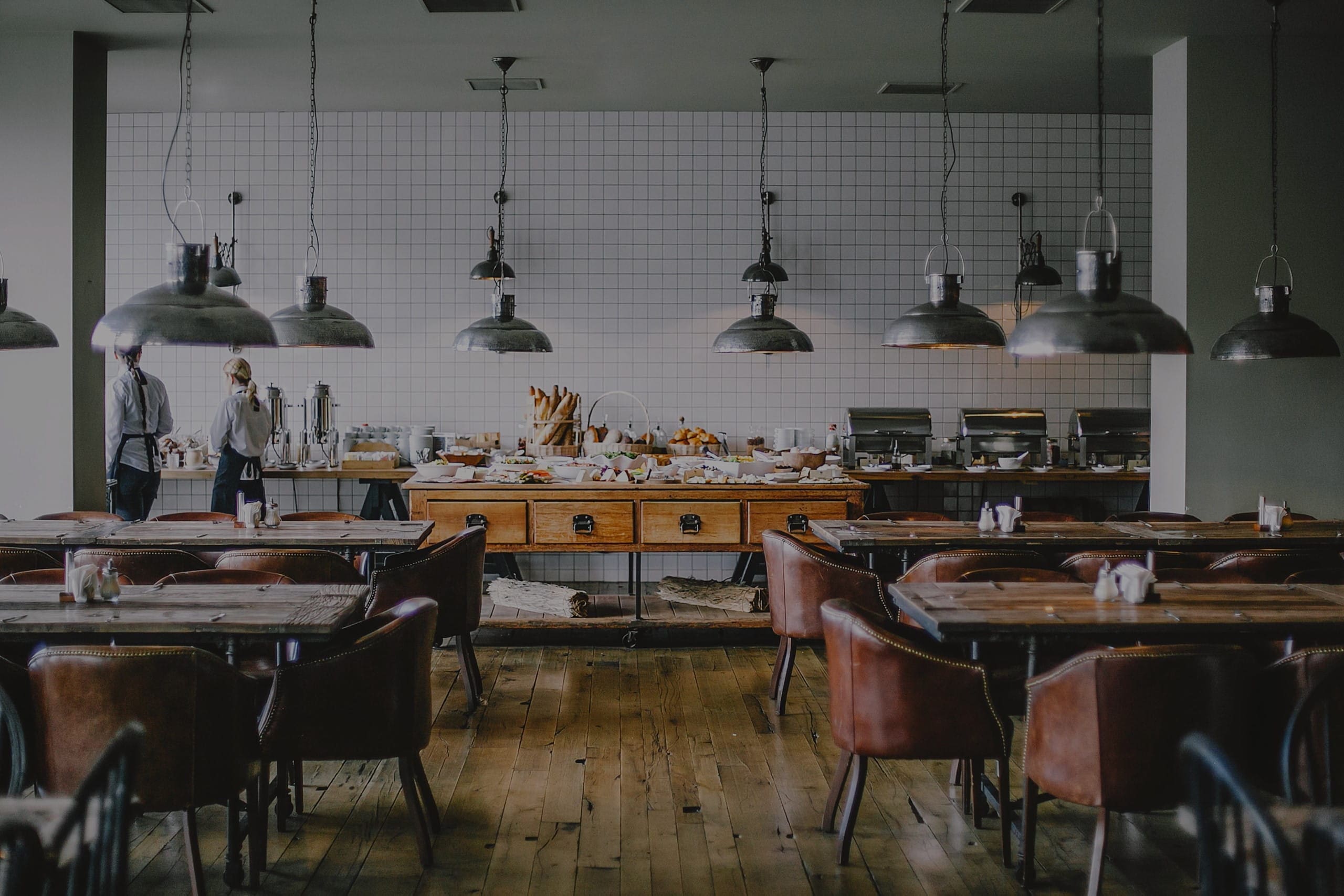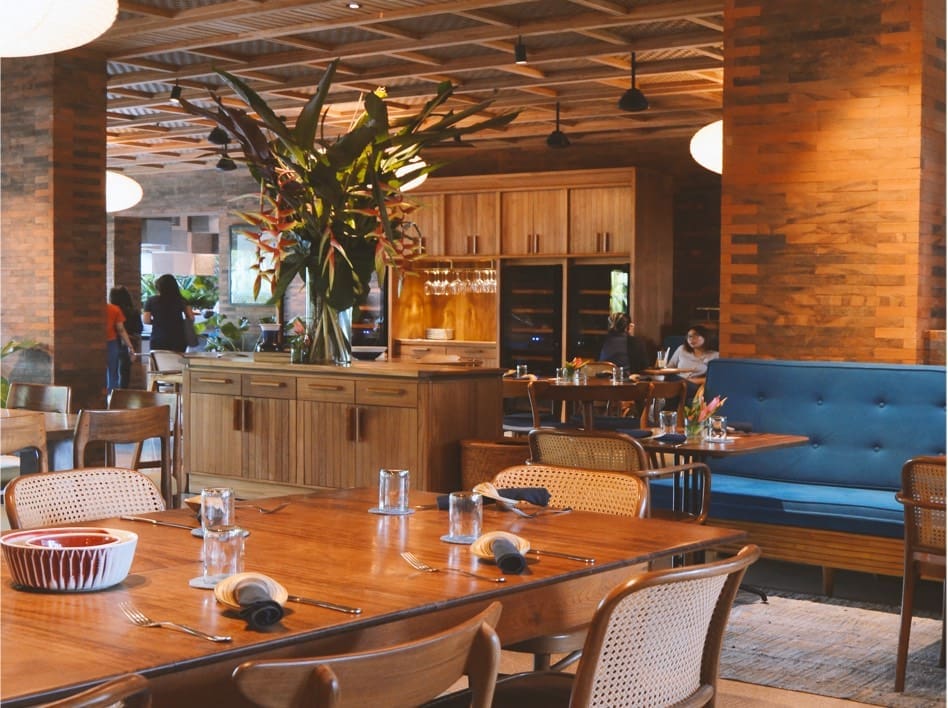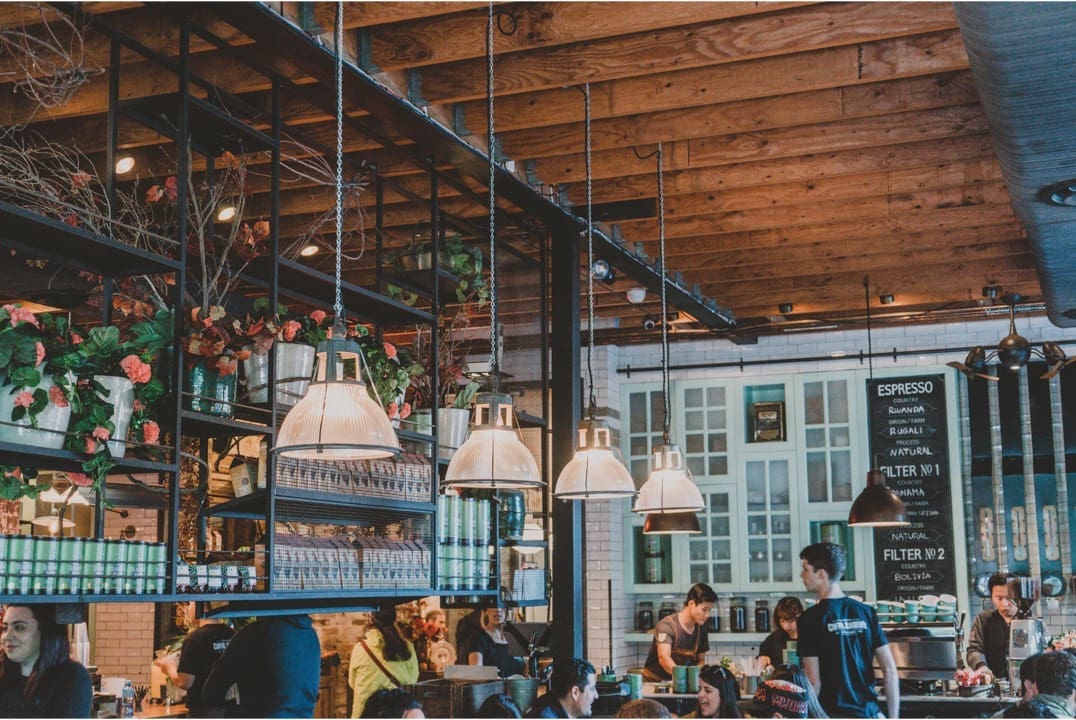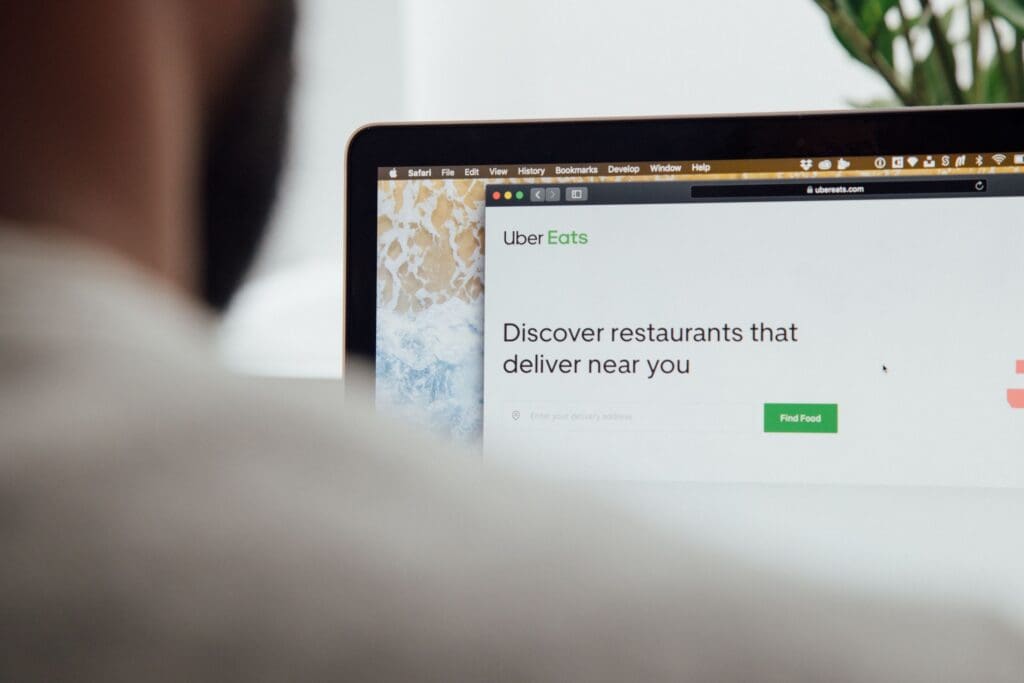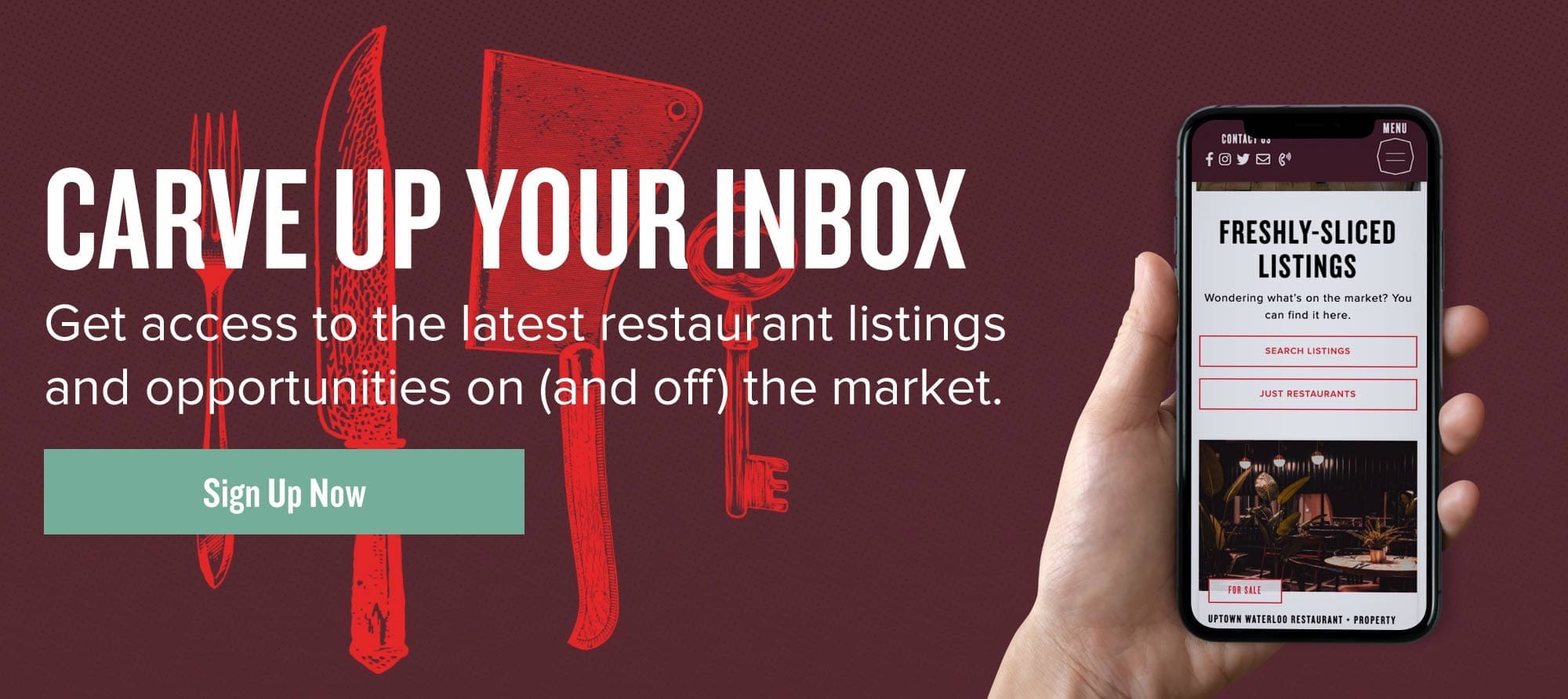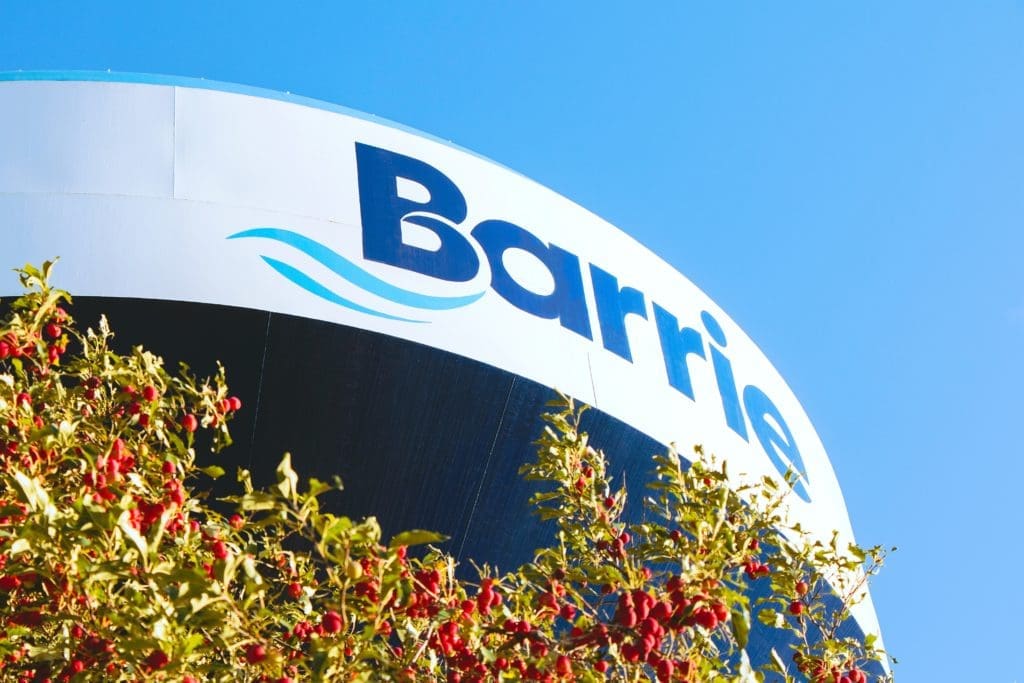Over the past five years, ghost kitchens have become increasingly prominent in the Canadian restaurant industry. This phenomenon is not only changing the consumer landscape but also providing unique opportunities for restaurant owners to acclimate their business model to an ever-evolving market.
In this blog, we’ll cover everything restaurant owners should know about ghost kitchens.
What is a Ghost Kitchen?
Generally speaking, ghost kitchens are commercial kitchen spaces dedicated exclusively to the preparation of food for delivery or takeout. Unlike traditional restaurants, they lack a physical dining space. Rather than having a public storefront, they leverage online platforms and third-party delivery services to cater to and serve customers. On these platforms, a single ghost kitchen may appear as several separate brands or restaurants, a large base of dishes rather than focusing on one particular cuisine.
From a business perspective, ghost kitchens operate with maximum efficiency – streamlining operations by focusing solely on the culinary aspect of the business, and eliminating the overhead costs associated with maintaining a physical dining space.
Thinking about starting a restaurant from the ground up? Check out these blog posts to discover how you can make your dream a reality.
How Are They Impacting Smaller Restaurants?
Although the ghost kitchen model has proven effective since its inception, some consumers and restaurant owners have expressed concerns about the long-term implications.
As the industry shifts and evolves, traditional brick-and-mortar restaurants are feeling the heat in a lot of ways. The cost of maintaining a physical space, staffing, and the challenges posed by economic factors such as inflation have made things harder for many Canadian restaurants. Now more than ever, they are relying on customers to help their business stay successful. However, with ghost kitchens now taking up a significant portion of the market, capturing the same volume of customers has become increasingly difficult.
Some have also expressed concerns about the potentially deceptive nature of ghost kitchens, as many customers could believe that they are ordering from a locally owned independent business rather than a production-only commercial kitchen.
How Smaller Restaurants Are Getting in on Ghost Kitchens
In light of the success of ghost kitchens, and the various concerns expressed about how they may impact local businesses, some restaurant owners are choosing to explore the model themselves. While this has proven to be a lifeline for some restaurant owners, effectively managing two separate operations in one space is easier said than done.
How Does it Work?
Rather than purchase a separate dedicated business space, restaurateurs register as a new brand across their preferred third-party apps. Under this new brand, they’ll offer different dishes and items not found on their main restaurant’s menu. When a customer places an order, the courier picks up their food at the restaurant and delivers it to the customer.
One of the challenges of this system is that it limits how a restaurant can build loyalty with customers. If a customer enjoys their food but doesn’t know that it actually came from an existing restaurant, they are unlikely to visit the restaurant in person, discover more of their favourite menu items, or feel a meaningful connection to the business.
Looking for more Ontario restaurateur resources? We’ve carved up some helpful tips for starting your restaurant on our blog. Check it out.
- Diversity in Toronto’s Culinary Scene
- Why You Should Expand Your Business Beyond the GTA
- How to Find a Restaurant For Sale in Toronto
Should You Adapt Your Business Plan?
If you’re a restaurant owner who is thinking about adding a ghost kitchen to your business, there’s a lot to consider before rushing in.
While operating an in-house ghost kitchen could be potentially lucrative, it also comes with its fair share of drawbacks and important considerations. For example, training staff on a large selection of new menu items, maintaining quality control, the reliance on third-party delivery services, and the potential loss of your own dine-in customers are concerns that need careful consideration.
Having an adaptable business model is a key proponent of any restaurant’s success. However, adding a ghost kitchen operation to your plate is far from the only opportunity to do so in today’s shifting business environment.
Are you looking to open your first restaurant, expand your existing business, or sell? Regardless of your goals, we can help! Send us an email or give us a ring at 416-618-0054 to get started.
